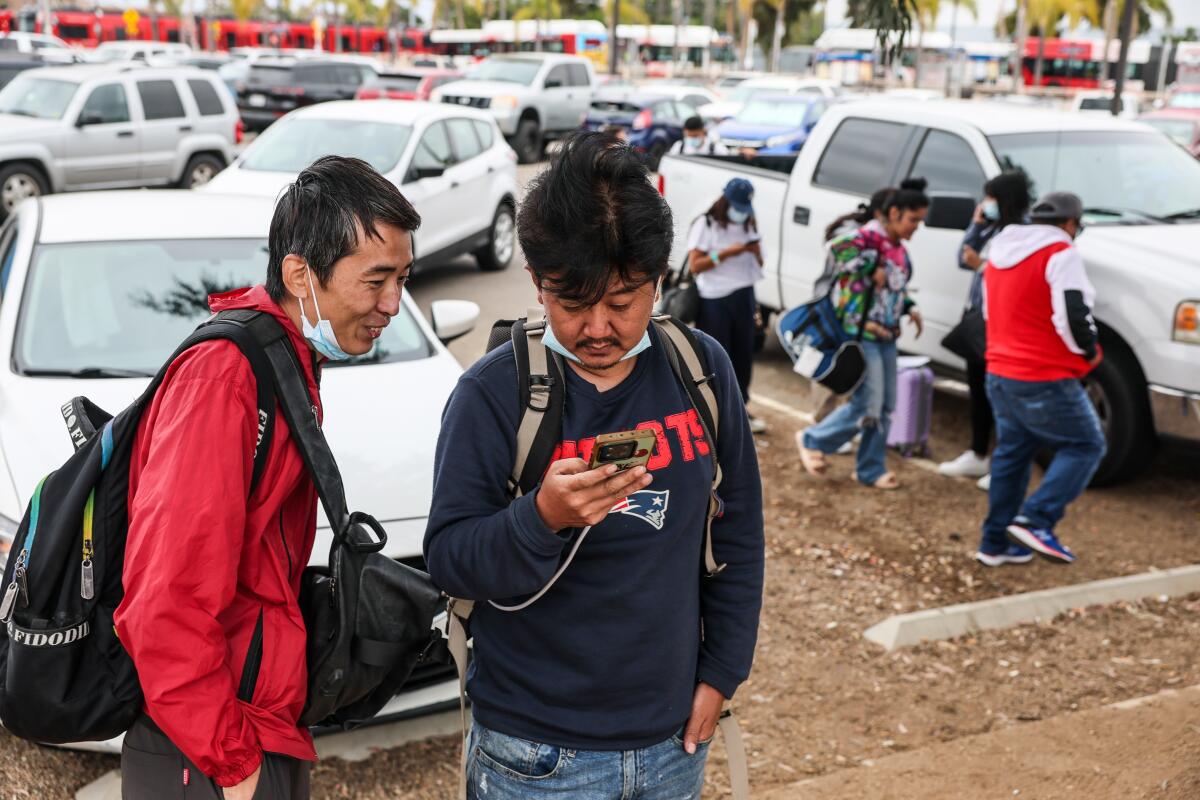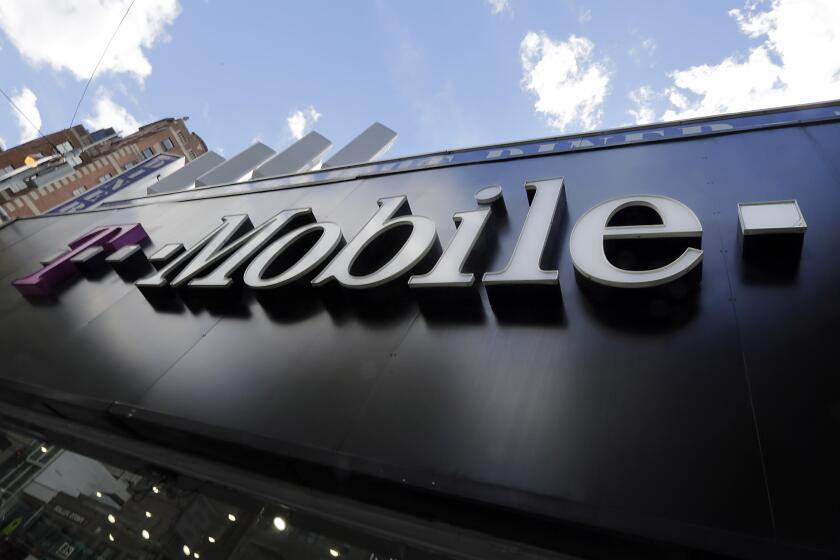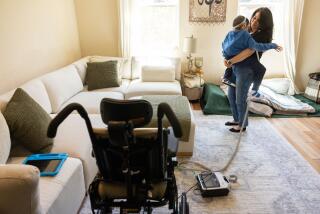Undocumented immigrants should soon be able to get state cell service subsidy

Even Californians without Social Security numbers should soon have access to a state subsidy that will make cellphone service more affordable.
The California Public Utilities Commission issued a proposed decision last week that the California Universal LifeLine Telephone Service Program, known as California Lifeline, be offered to Californians without a Social Security number.
The commission needs to formally vote on the matter, with its first opportunity at its Aug. 22 meeting.
The move comes 10 years after the CPUC decided to stop requesting Social Security information from applicants — but then never did. The issue was first reported by CalMatters.
The commission is in charge of California Lifeline. The service offers qualifying participants discounts of up to $19 monthly on cellphone service, up to $39 off a service connection and eliminates a range of local, state and federal fees.
There is also a federal Lifeline program, but its discounts are less, including up to $9.25 off monthly service. Both are concurrently available to customers, according to the commission, but the federal program continues to require a Social Security number.

The service consists of unlimited talk and texts, and varying amounts of data.
Users in certain government programs may be eligible for the discounts. Anyone already enrolled in a public assistance program, such as Medicaid and Medi-Cal, Section 8 housing, CalFresh or the Women, Infants and Children Program, also known as WIC, qualifies under program-based assistance.
Applicants can also qualify based on income. For instance, a family of four would qualify with a total annual gross income of $48,400 or less.
It’s unknown how many people the commission’s latest move will affect. About 1.4 million Californians use the service, according to the commission, with program enrollment up 31.1% since June 2023.
Salespeople across Southern California are hawking free mobile phone service, but they won’t always tell you the trade-offs.
Pew Research estimated there were 1.8 million unauthorized immigrants in California in 2021.
Participants are enrolled with a private phone provider. This is generally done by third-party vendors, often “street teams,” who solicit in front of public buildings — such as social service benefits offices — or near supermarkets.
The service is funded by surcharges applied to California cellphone users.
The Public Utility Commission’s ruling isn’t new, however.
The group decided to drop Social Security numbers on applications in 2014, arguing that such an ask was a barrier to usage for some. At the time, the move was opposed by Cox Communications and other telecommunications companies that were concerned with fraud.
In place of Social Security numbers, the commission asked for government-issued identification.
The Public Utility Commission’s decision came two years after the Federal Communications Commission revised the federal Lifeline program to require applicants to provide the last four digits of a Social Security number on applications.
Years in the making, L.A. County’s Community Broadband Network is set to launch this year in East L.A., South L.A. and Boyle Heights.
The state Public Utility Commission previously told CalMatters in February that it had already “implemented its 2014 decision.” Yet, California Lifeline applications still asked for Social Security information.
The nonprofit Neighborhood Legal Services of Los Angeles put this issue back in front of the commission with a letter on Aug. 30, 2023, requesting immediate implementation of the 2014 ruling, according to commission documentation.
Once the decision is formally approved, Social Security number requests are expected to be removed from the LifeLine application within three months, according to the commission.
More to Read
Sign up for Essential California
The most important California stories and recommendations in your inbox every morning.
You may occasionally receive promotional content from the Los Angeles Times.













